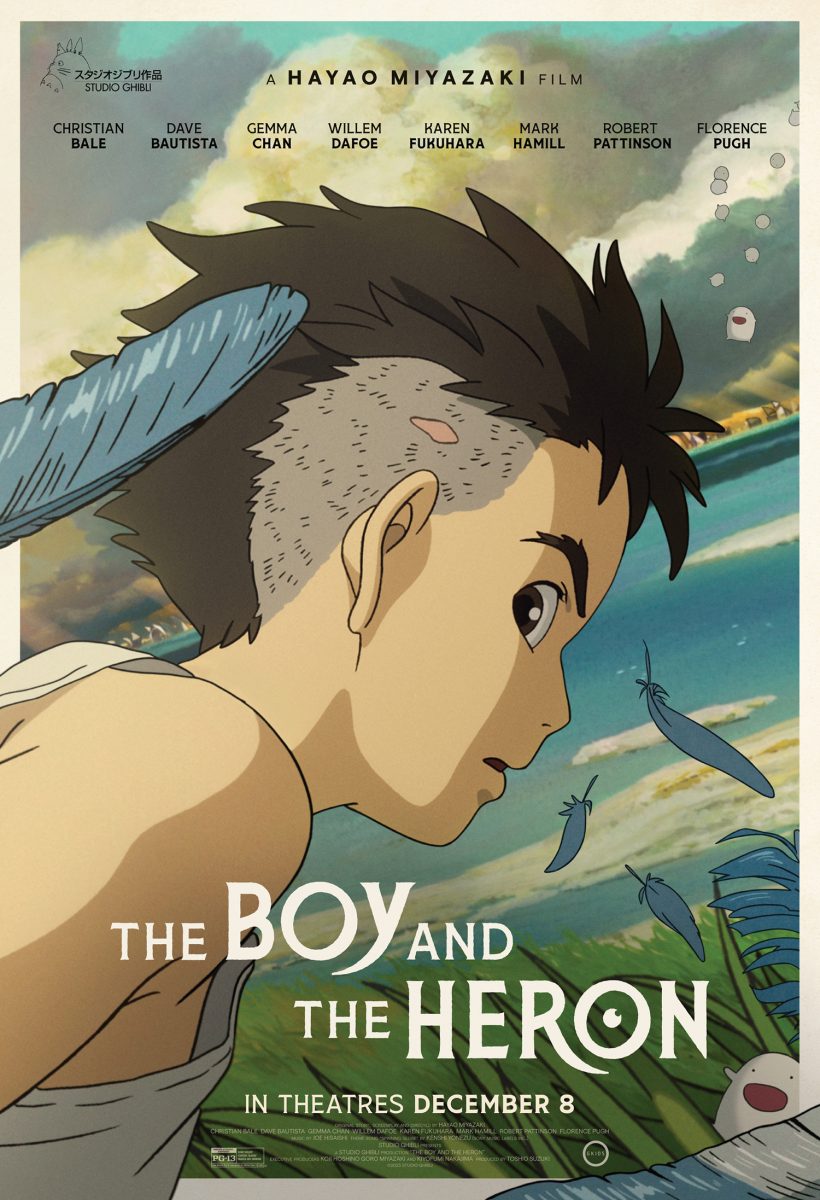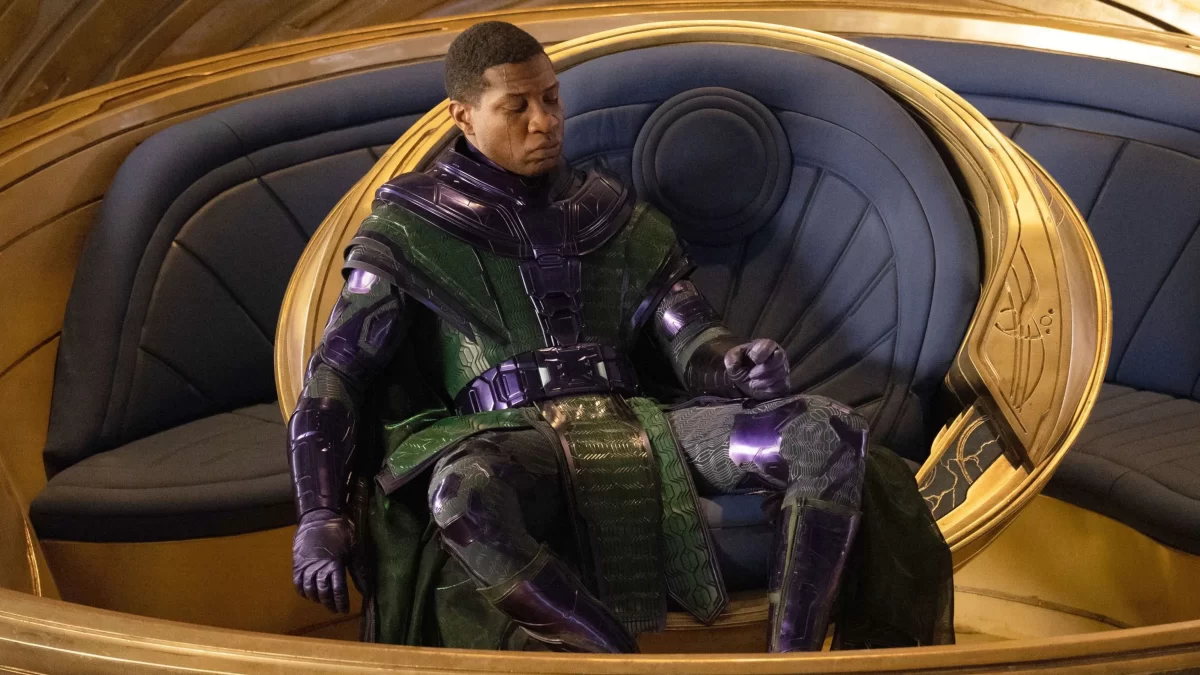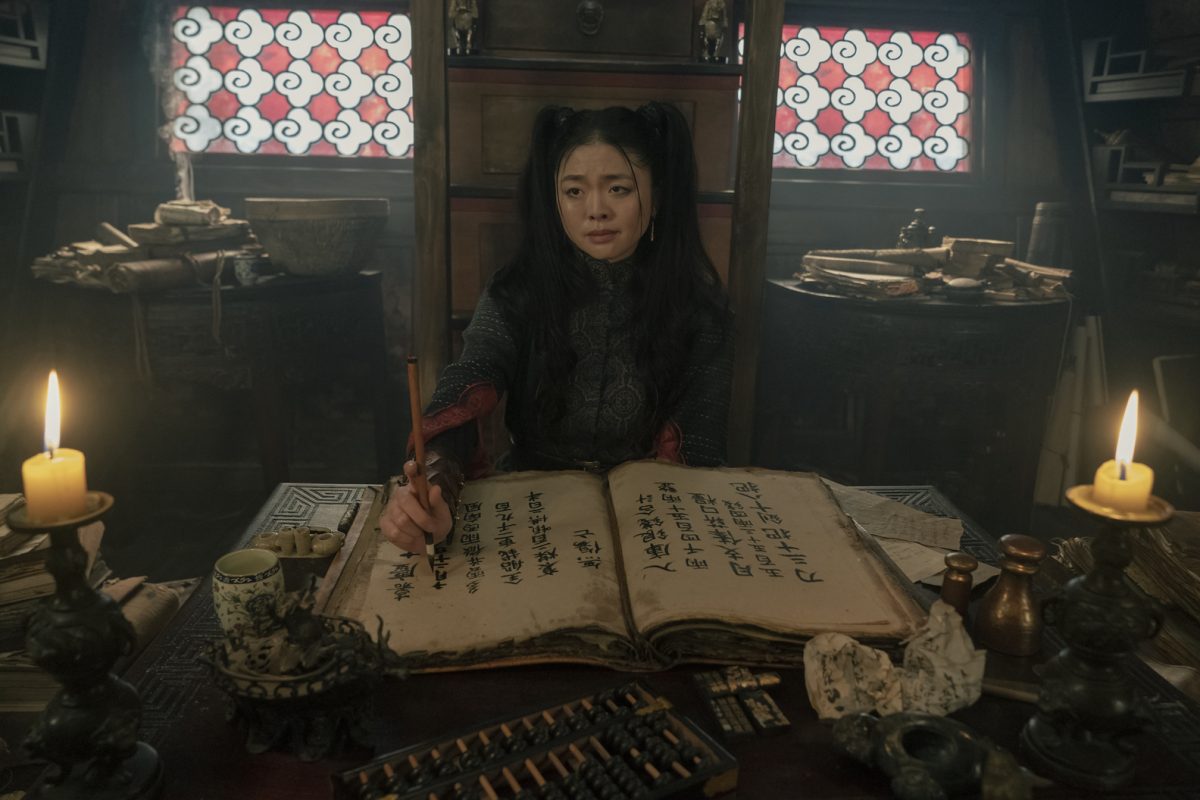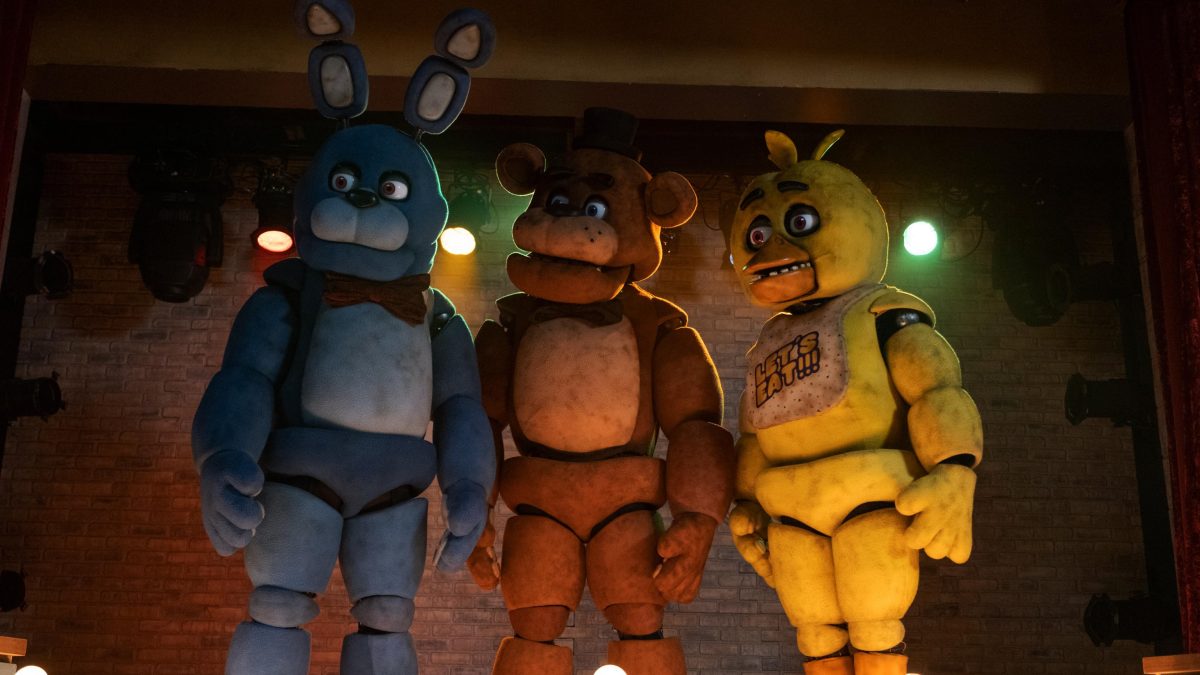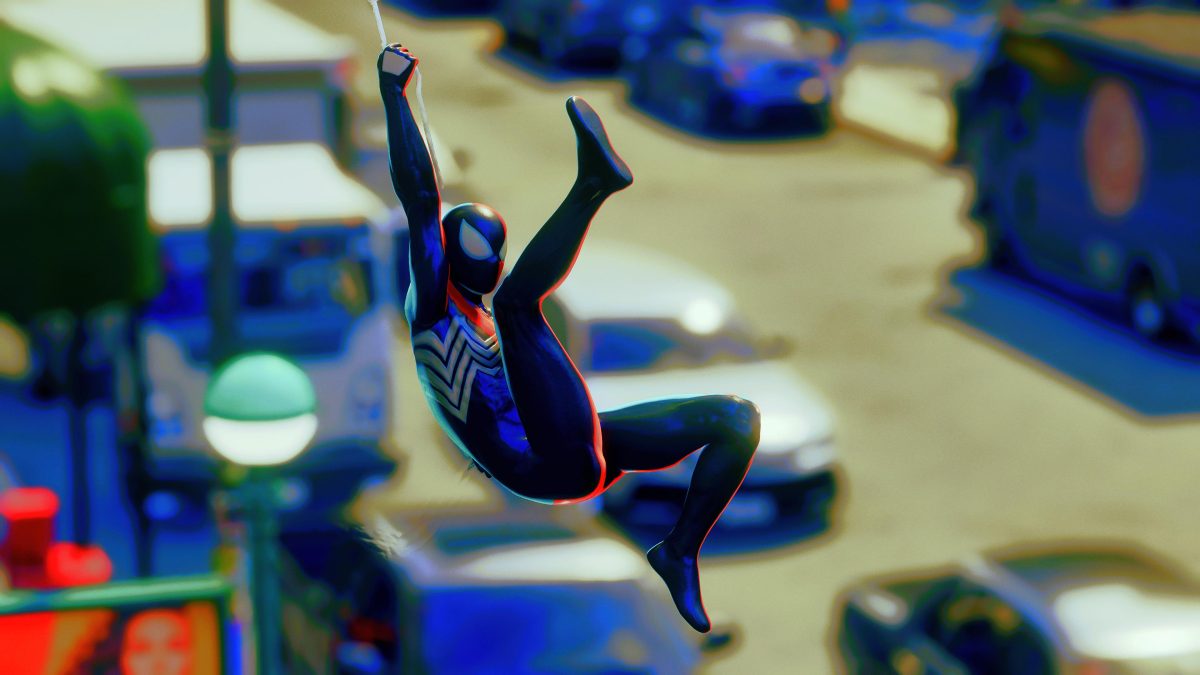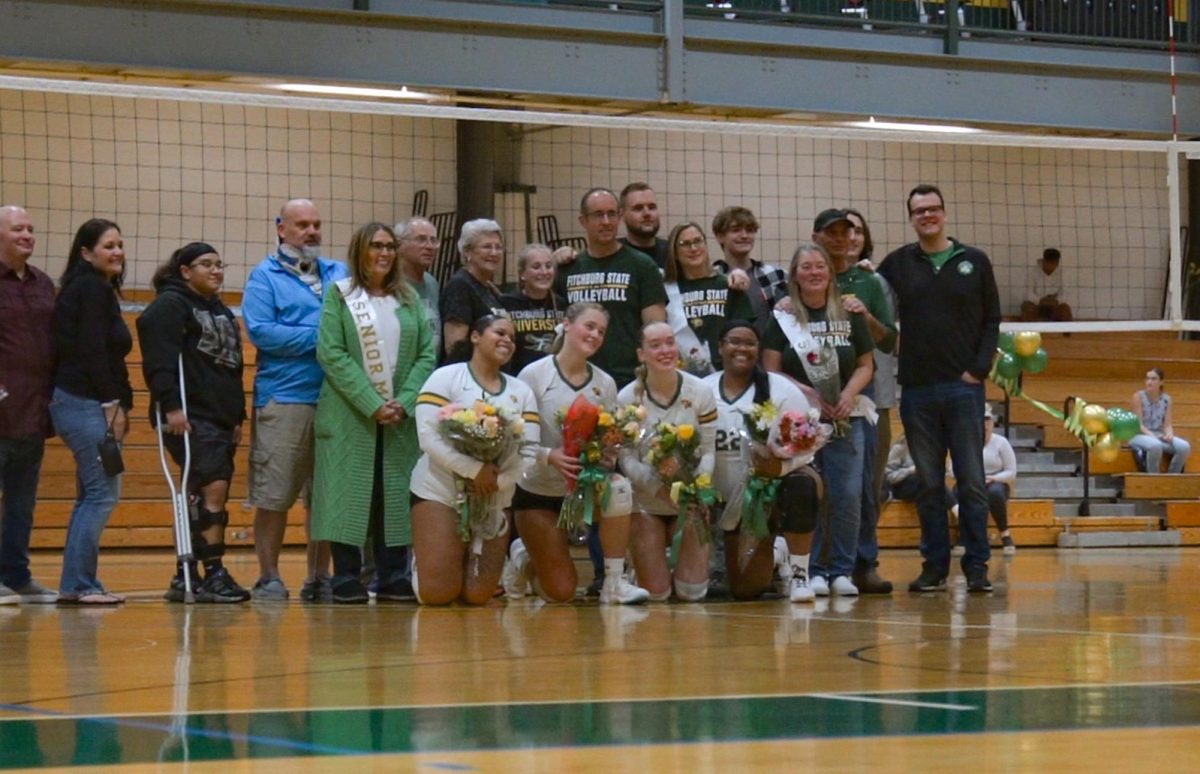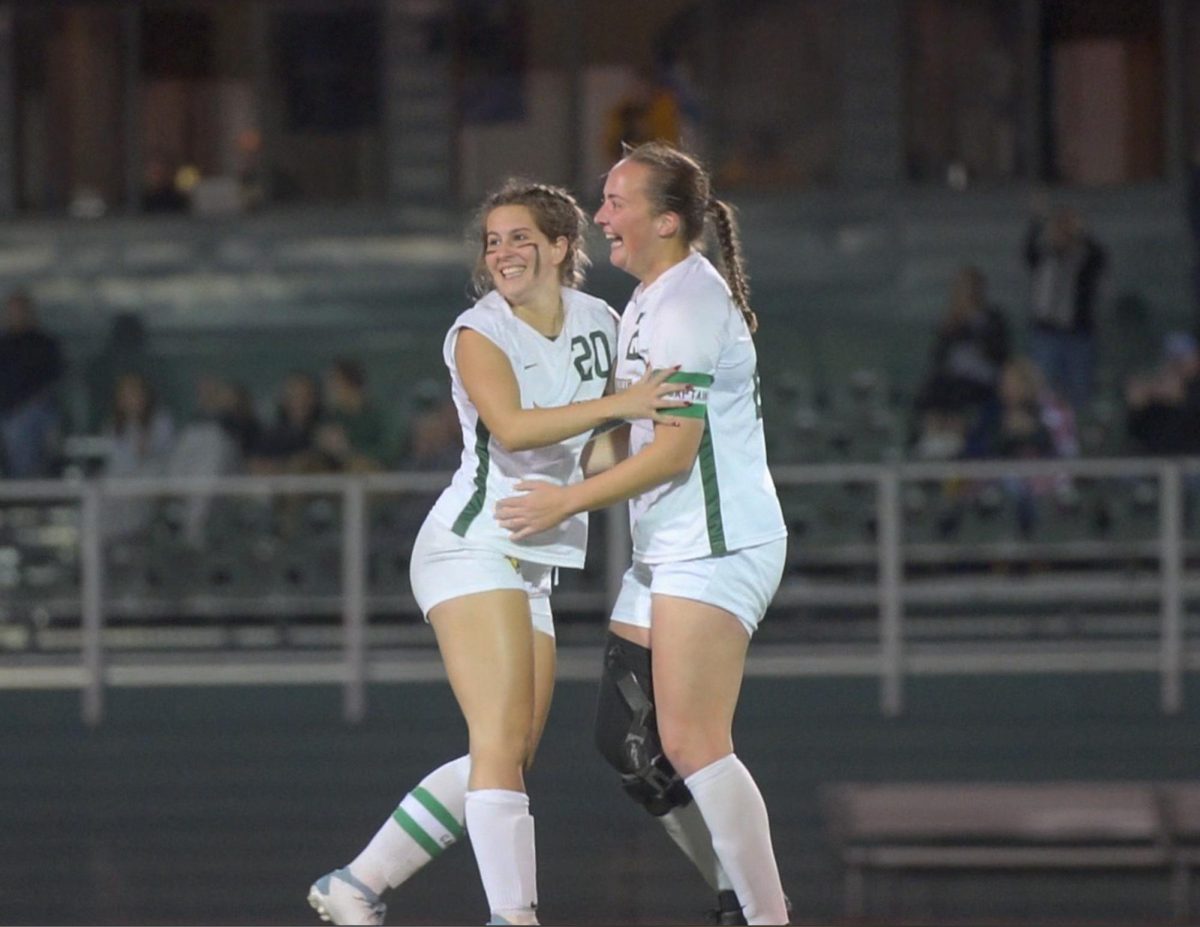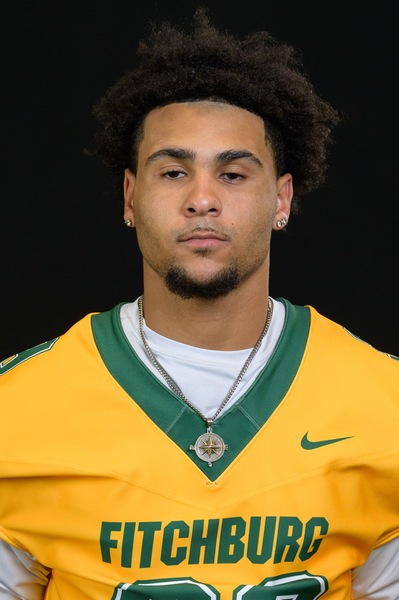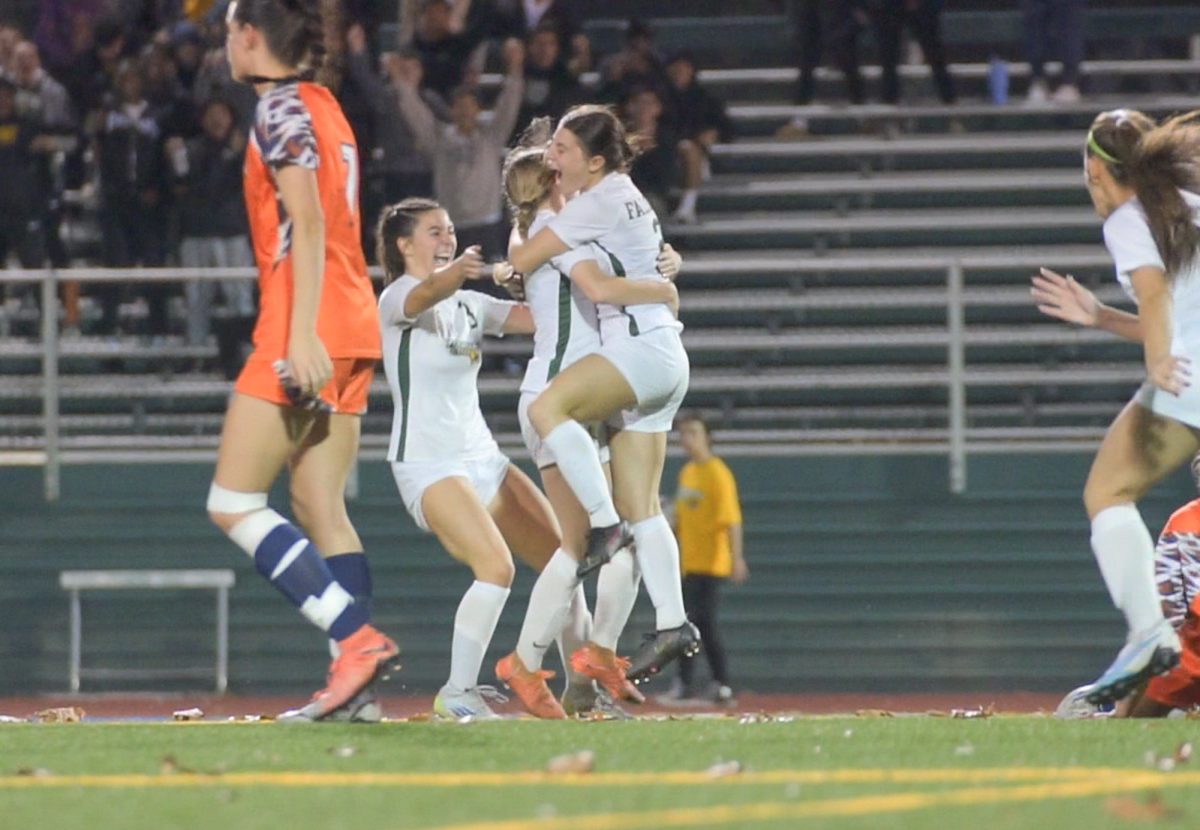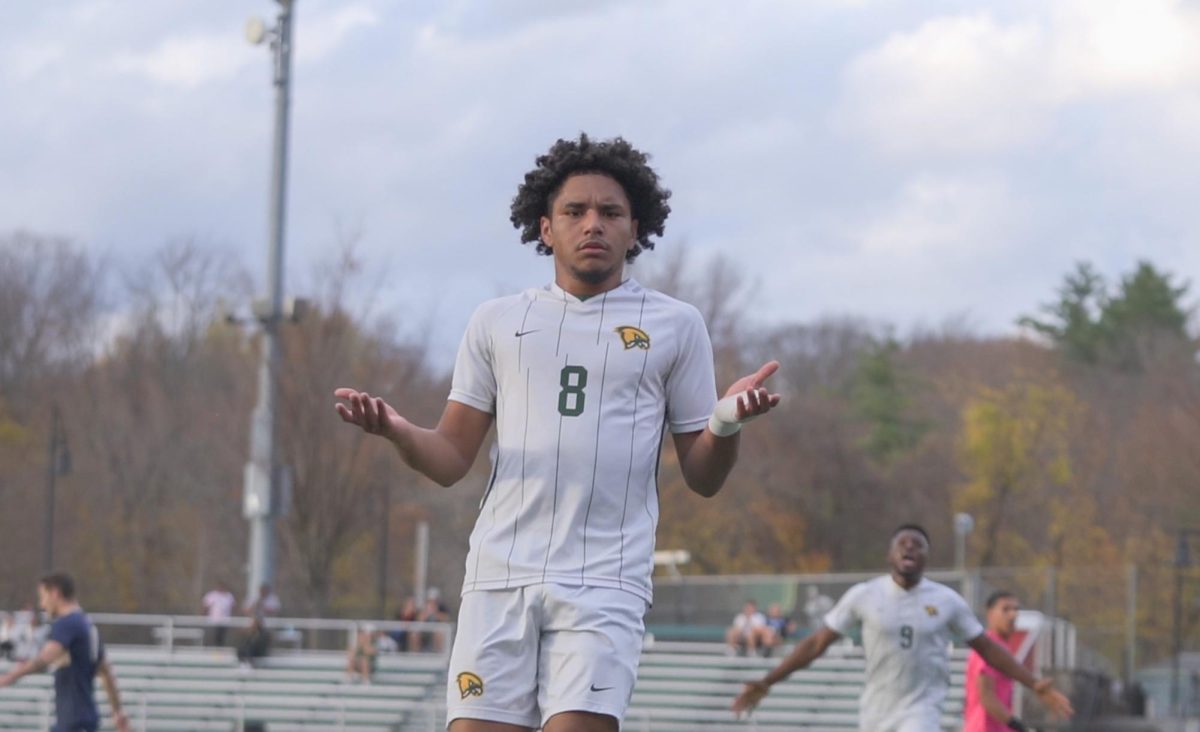By Jeffrey Balbi

Over the past few years there have been many discussions in the media world about whether or not the NCAA (National Collegiate Athletic Association) should be compensating the athletes who are major contributors to its hefty revenue of about $871.6 million during 2012. The vast majority of former or current athletes, analysts, and professionals have settled on the opinion that players should receive compensation.
Plenty of reasons come to mind when discussing such a topic with young adult student athletes that are striving to make something of themselves against a tremendous, wealthy entity like the NCAA. Compensation is certainly a stretch since all of the student athletes in every participating sport have to be considered along with football and basketball, which drives the majority of the NCAA’s revenue. What the players at Northwestern University’s football program are trying to accomplish is the formation of a union; the reason for the formation of the union according to Northwestern quarterback Kain Colter is due to the lack of “representation in negotiations” and protecting current and “future generations to come”. The goal of this union is to give positive attention to organizations that are willing to extend a hand in the process; such organizations include the National College Players Association, and some athletes have also submitted a petition to the National Labor Relations Board.
The entity that would represent the players if considered certified would be called the College Athletes Players Association. Northwestern players started catching the attention of many during a September game against Maine, where Colter, along with ten teammates were seen sporting a black wristband with “#APU” — All Players United — written in white marker as a quiet protest indication. It also caught the attention of other collegiate teams and players as seven teams in the five largest conferences had the “#APU” symbol on display. This seems to be going in the right direction and we can see players having a voice along with the NCAA for future negotiations if everything falls in favor of the players. Collegiate players on the Division I level and some in the Division II level, are offered a full scholarship for the school year but are not guaranteed for their whole collegiate career and the scholarship can be dropped at any point of the year as well. Players are doing the right thing in terms of being protected against having their scholarship dropped due to injuries, having guaranteed medical coverage for those injuries, and better academic support to better graduation rates. Along with better protection for players, it should be in the best interest of the NCAA and participating universities to guarantee the scholarships of these student athletes upon graduation.
We should applaud these student athletes for stepping up for what they believe in, the changes that may come for future generations and these individuals are certainly shaking up the collegiate sports industry. The NCAA and its universities are a multi billion dollar industry that are able to support the student athletes in a better fashion to further increase graduation rates and potential to lower the increasing amount of student debt across the country.


